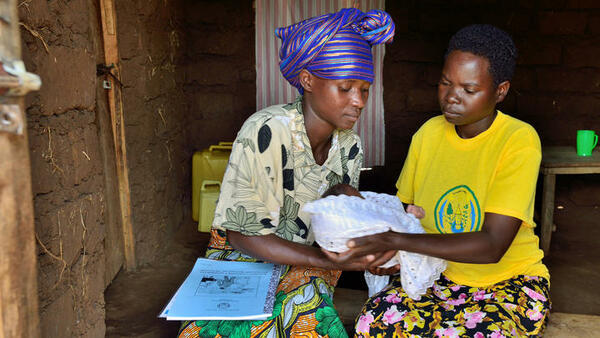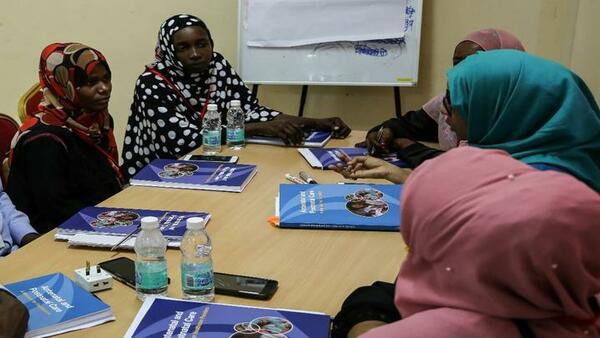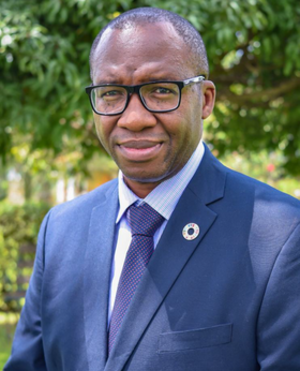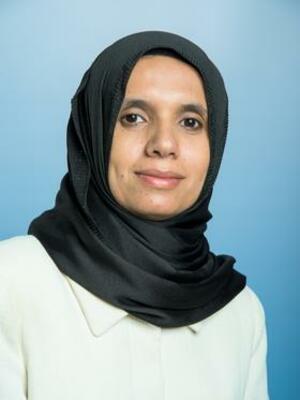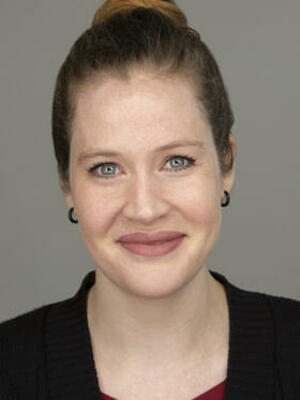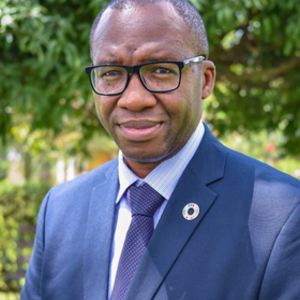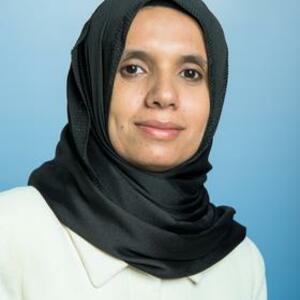
International Day of the Midwife
Midwives: Defenders of Women's Rights #IDM2019
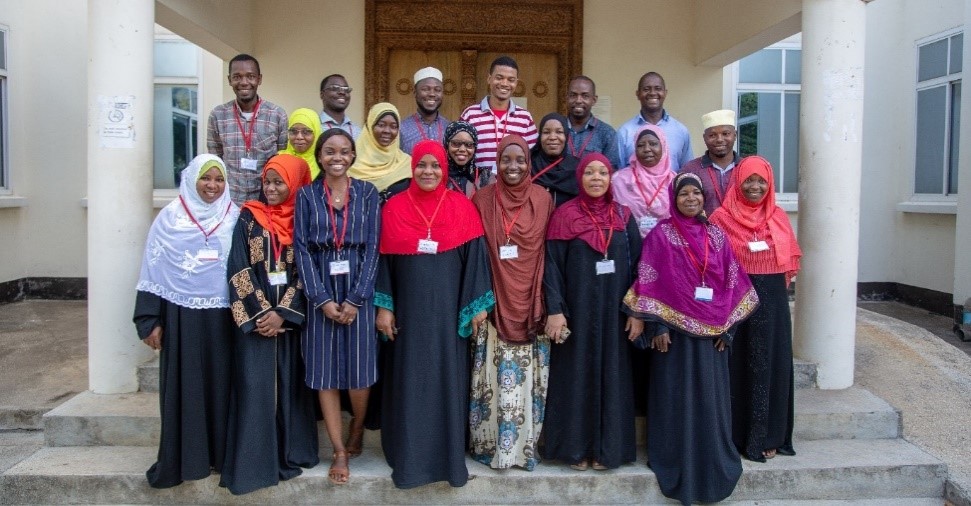
On 5th May each year, women, girls, midwives, partners and supporters of midwives join together to celebrate International Day of the Midwife. It is a chance to thank and celebrate midwives all around the world, and the fantastic work they do to fight, protect and defend women, girls and midwives’ rights. In 2019, the theme of the day is Midwives: Defenders of Women's Rights.
Midwives play a vital role; the International Confederation of Midwives (ICM) states that ‘midwives are skilled to provide the vast majority (> 85%) of pregnancy-related services. This makes them the ideal healthcare provider to support women through the maternity continuum of care, and their role should be supported, protected and advocated for in all settings.
The Centre for Maternal and Newborn Health at LSTM works for and with midwives in many low- and middle-income countries to improve the availability and quality of care for mothers and babies. CMNH conducts implementation research to discover what works, how and why to reduce maternal and neonatal mortality, and delivers capacity-building interventions to build the skills and knowledge of healthcare providers, including midwives, globally.
This year, CMNH is celebrating International Day of the Midwife via postcards from our fantastic colleagues, partners and volunteer midwives globally, a series of blogs, a seminar sharing our work on quality of care and an event held at LSTM on Wed 8th May. Below is an overview of all of this and more about our work.
Join us in celebrating this year’s Day of the Midwife by sharing our blogs, postcards and seminar with your colleagues and networks, and get in touch with us via email or Twitter.
Postcards from our network of midwives
Latest blogs from CMNH
Realising the sexual and reproductive rights of every woman, everywhere and the essential role that midwives play
By Kirsty Lowe
Midwives are ideally placed to promote women’s and girls' agency and empowerment. Midwives are usually an integral part of the community and they are positioned to tackle gender and social norms; engaging communities and local leaders meaningfully. Midwives are very much involved in the collection and use of data, research and evidence, enabling them to influence the global agenda to realise the sexual and reproductive rights of every women, everywhere.
Respecting women as people of value and worth
The ICM states that ‘midwives are skilled to provide up to 87% of pregnancy-related services, making them the ideal health professional to support women through the maternity continuum of care’ (ICM, 2017). It should therefore be a priority on global health agendas, that midwives are supported to provide, compassionate, individualised, safe, high quality care to women, and respectful maternity care is a key marker of quality care.
Midwives leading the way in defending and protecting women’s rights!
The UN’s Sustainable Development Goal 3 – to ensure healthy lives and promote wellbeing for all, at all ages – relates directly to maternal care and has specific goals to reduce maternal and neonatal mortality rates. Midwives play a crucial role in this. We have a duty to care for and support women during and after pregnancy. We are defenders of women’s rights!
Selected projects and publications from CMNH
-
New qualitative paper reveals perspectives of women & healthcare providers in Malawi
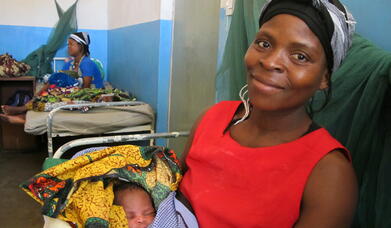
-
CMNH delivers new intrapartum care course in Zanzibar
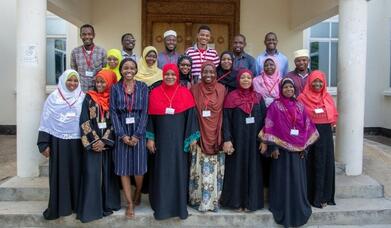
-
CMNH disseminates results from Auxiliary Nurse Midwives study in India
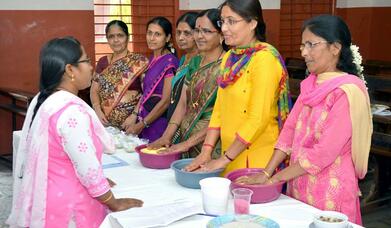
-
Making maternal health a priority in Chad
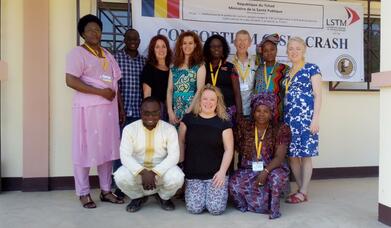
-
Improving antenatal and postnatal care for mothers and newborn babies
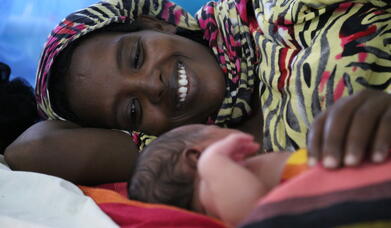
The CMNH Team
Latest CMNH seminar: Uncovering quality of maternal and newborn care: numbers and voices from three studies in sub-Saharan Africa
Dr Mamuda Aminu, Fiona Dickinson and Dr Florence Mgawadere from CMNH at LSTM present their research on Quality of Care in sub-Saharan Africa.
Each reported on a study which highlights a different perspective on the quality of maternal and newborn healthcare, they will share findings from the viewpoint of researchers, women and healthcare providers focussed on quality of care around time of birth, using data collected in healthcare facilities in Kenya, Malawi, Sierra Leone and Zimbabwe.
























